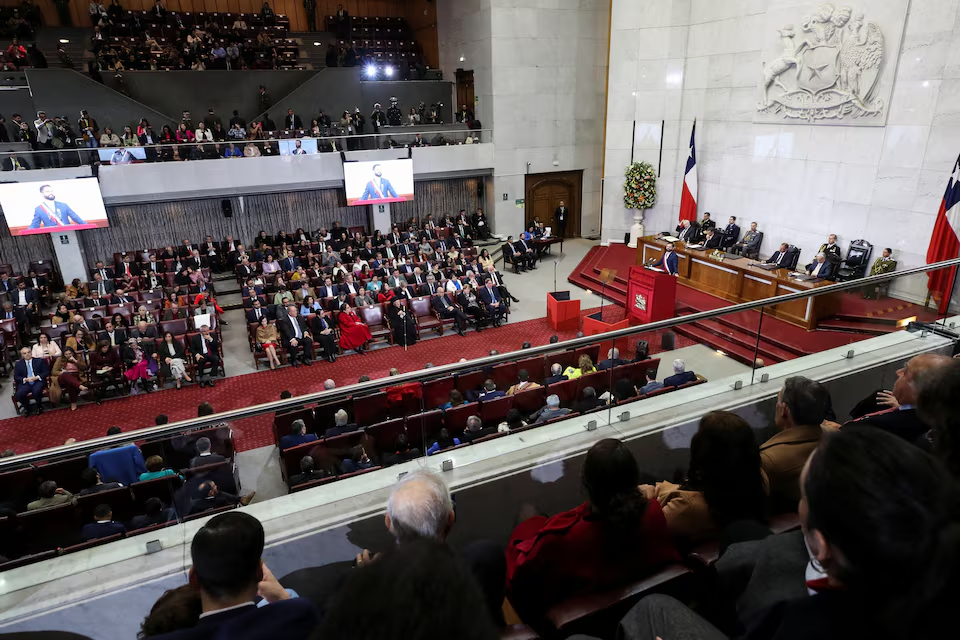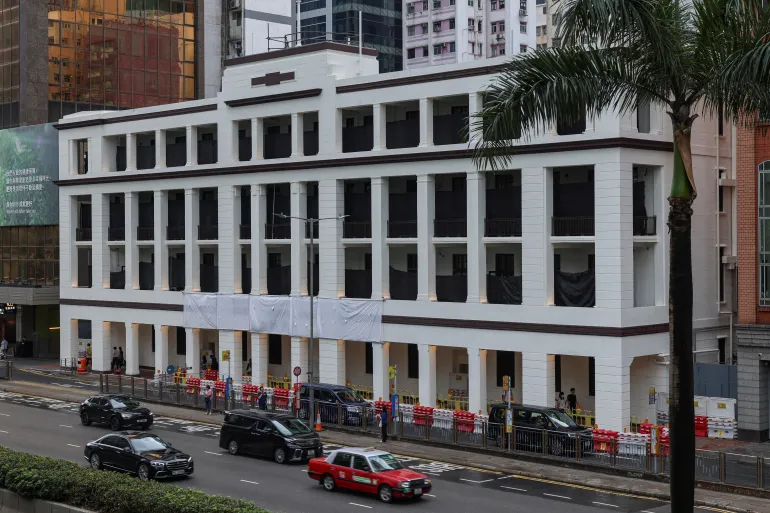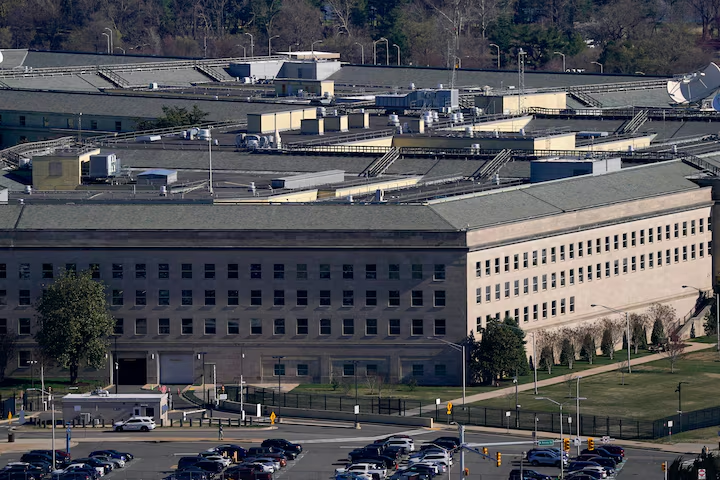Chilean President Gabriel Boric has unveiled new measures to accelerate Chile’s decarbonization agenda while simultaneously intensifying diplomatic pressure on Israel over the Gaza conflict, as his presidential term nears its conclusion. The dual-pronged announcement, made on June 1, signals Boric’s continued effort to solidify his progressive legacy in both environmental and foreign policy.
Speaking at a climate summit in Santiago, Boric outlined a series of initiatives designed to further reduce Chile’s reliance on fossil fuels, including plans to shut down additional coal-fired power plants and expand investments in renewable energy infrastructure. Chile, already a global leader in solar and wind energy, aims to become carbon neutral by 2050, and Boric has made environmental reform a cornerstone of his administration.
“We are not only committed to the energy transition — we are accelerating it,” Boric said. “Chile must lead by example, showing that development and decarbonization can go hand in hand.”
The latest climate plan includes incentives for green hydrogen production, stricter emissions standards for the mining industry, and expanded funding for electric public transportation. Chile, the world’s largest copper producer, has faced criticism over the environmental toll of its extractive industries, and Boric has pledged to ensure that mining operations align with the country’s climate goals.
Environmental groups largely welcomed the announcements, calling them necessary for Chile to meet its international commitments under the Paris Agreement. However, some business leaders expressed concerns about regulatory uncertainty and the potential cost implications for energy-intensive sectors.
In parallel with his climate agenda, Boric used the same platform to call out Israel over its continued military operations in Gaza, signaling an intensification of Chile’s pro-Palestinian stance. He announced that Chile will downgrade diplomatic relations with Israel, citing repeated violations of international law and disproportionate military actions resulting in civilian casualties.
“The suffering of the Palestinian people cannot be ignored. Chile will not be complicit in silence,” Boric declared. “We are taking concrete diplomatic steps to express our condemnation.”
The announcement follows months of mounting criticism from Chilean officials over Israel’s conduct in Gaza. In 2023, Chile recalled its ambassador from Tel Aviv and condemned Israeli strikes on civilian infrastructure. With over half a million people of Palestinian descent, Chile has one of the largest Palestinian diasporas outside the Middle East, and public sentiment has increasingly favored a stronger stance against Israel.
Israel’s Foreign Ministry responded swiftly, calling Chile’s decision “regrettable and politically biased.” It accused the Boric administration of ignoring the threats posed by Hamas and failing to support Israel’s right to self-defense.
Analysts say Boric’s latest moves reflect an effort to solidify his political legacy ahead of the end of his single term in office. Chilean presidents are constitutionally barred from seeking immediate re-election, and Boric, who assumed power in 2022, is widely seen as trying to cement achievements in social justice, environmental leadership, and international human rights.
“He’s aiming to go out with a strong moral and political message,” said political analyst María Soledad Leiva. “By linking climate justice at home with foreign policy on Gaza, he’s shaping a legacy that speaks to progressive values across borders.”
As Chile prepares for upcoming elections, Boric’s policies will likely influence the platforms of his potential successors. While critics accuse him of alienating allies and placing too much pressure on industry, his supporters argue that the president is steering Chile toward a more principled and sustainable future.
The coming months will determine how much of Boric’s climate and foreign policy agenda can be institutionalized before he leaves office. For now, his latest announcements underscore a clear commitment to transformative action — both domestically and on the global stage.
Source; Reuters



